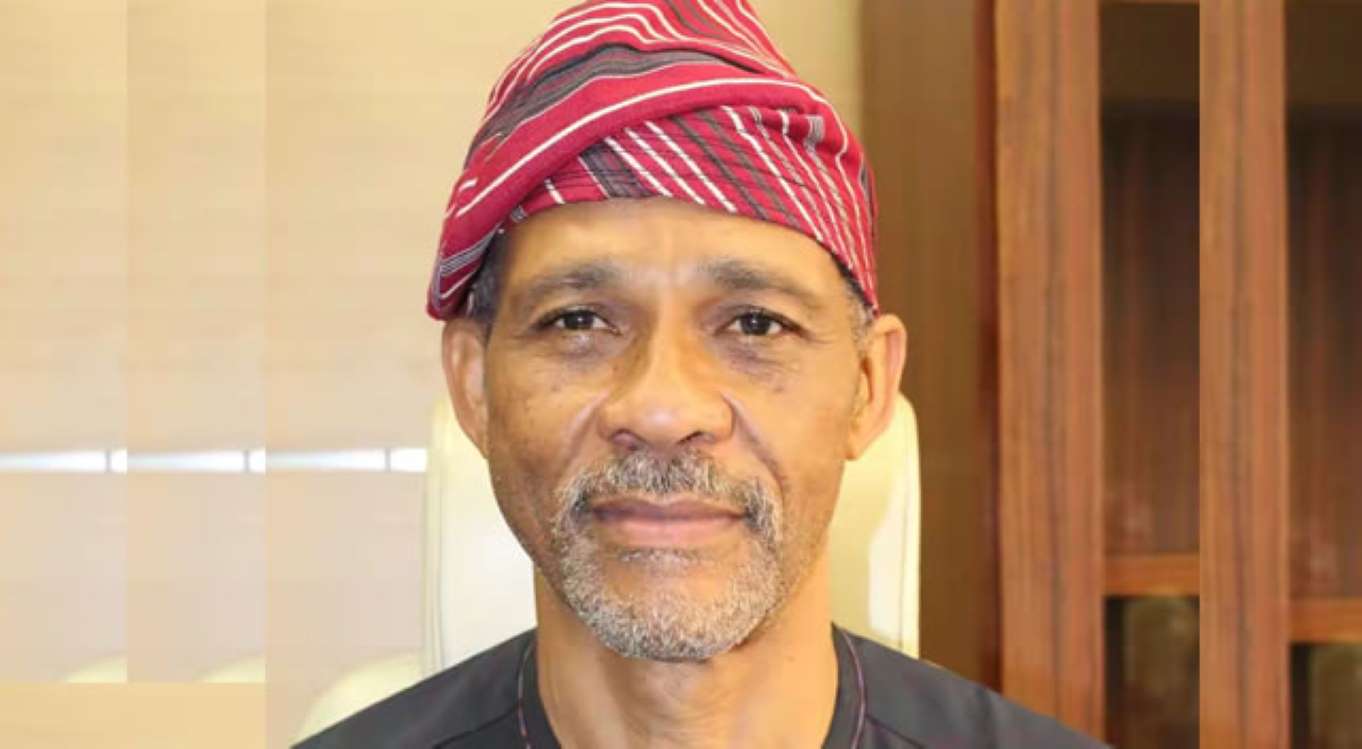Lagos may begin chloroquine clinical trial for COVID-19 next week

‘State may record 120,000 cases by July’
The Lagos State Government has said it will commence chloroquine clinical trial for the treatment of the novel coronavirus disease within the next one week or thereabouts, reports The Punch.
This is sequel to the approval by the National Agency for Food and Drug Administration and Control that chloroquine could be used for the clinical trial treatment of the deadly disease.
There were 386 new cases on Friday, pushing the total cases in the country to 3,912. The number of deaths increased to 117 while 679 persons have been discharged so far.
The state Commissioner for Health, Prof Akin Abayomi, said at a media briefing in Ikeja on Friday that there would be three arms of the trial, capturing treatment, prevention and care for high-risk individuals, like elderly persons with underlying ailments such as hypertension, diabetes and obesity.
The state submitted its final protocol to NAFDAC on Thursday evening as it awaits the approval of the agency in preparation for the commencement of the hydroxychloroquine clinical trial treatment next week.
NAFDAC, which approves medicines meant for clinical trials, had on March 20 approved the use of chloroquine for clinical trial treatment of the novel disease, warning however that the approval was not for the drug to be used as a treatment for the virus.
The Director-General, NAFDAC, Prof Mojisola Adeyeye, also confirmed a few weeks ago that only Lagos State, which has the highest number of cases and is the epicentre of the virus in the country, had signified interest in using the drug for a clinical trial to find treatment for the virus.
And in a recent interview, the DG said the state government had sent its protocol to NAFDAC for final approval which would allow it to begin the clinical trial.
She said, “For a clinical trial, you will have to write a protocol and Lagos State submitted its protocol to us. We vetted it back and forth and now they are about to start. It has to be well designed because whatever comes to the scientific world must be defensible. That is the essence of clinical trial treatment planning.
“It has to be well thought out. How many patients will give us a statistical result that will be interpreted well and give a level of confidence? So, these are the kinds of things that go into a clinical trial protocol. We have come alongside Lagos State to review their protocols and they are about to start.”
However, the commissioner said on April 7 that the state had concluded plans to start COVID-19 clinical trial in partnership with the Nigeria Centre for Disease Control and other institutions.
Meanwhile, addressing journalists on Friday, Abayomi said the clinical trials were coming at the most appropriate time given the number of cases the state had been recording in recent times. He noted that the state would use hydroxychloroquine produced by original manufacturers and not the generic one and that the state was set to receive “thousands and thousands of the tablets.”
The number of cases in the state rose by 176 on Friday to 1,667.
He said, “To put together a clinical trial is a very difficult thing; there are people that specialise in clinical trial research. We have to perform the clinical trial in such a way that we would be able to get a very clear result out of it and it won’t have any bias.
“We are planning almost three arms of the hydroxychloroquine trial; one arm of the trial would be for treatment. In other words, if you present with COVID-19 and you test positive, does hydroxyl chloroquine improve your chances of not dying from it or does it shorten the amount of time between when you are diagnosed and when you are cleared of the virus and you are ready to be discharged?
“We are also using it as prevention. For example, if you want to test, when you give the hydroxychloroquine to the health care professionals as prevention, does it protect them from getting infected by COVID-19?
“We also want to use it among people in the communities who have high risk. For example, somebody who is over the age of 70 with hypertension, diabetes or obesity, we know that if you have COVID-19, you are at risk of developing severe to critical symptoms, so if we give members of the public on this clinical trial access to the original hydroxychloroquine, we will protect certain high risk persons from developing or contracting COVID-19.
“These are the arms we are developing in our clinical trial strategy. There is a lot happening around this activity and I think within the next week or so, we would have commenced the trials.”
The commissioner noted that it needed NAFDAC’s permission, ethics approval and recruitment of the participants in the trial.
He added, “As I said, we are still in the early part of the outbreak, so we have a long way to go and the trials are coming in at a time we feel the most appropriate; when we are seeing at least 100 cases a day. It will be easy for us to perform those clinical trials with the number of cases that we are seeing.”
Meanwhile, the Lagos health commissioner said at the briefing that the state might record between 90,000 and 120,000 confirmed COVID-19 cases by July or August, the period he said the state was estimated to reach its peak.
He stressed that the figure was a mere projection and there was no certainty that the cases would rise to that, adding that the cases would have reached 6,000 cases by now but for the strategies deployed by the government to contain the spread of the virus.
He said, “Just a month ago, on April 7, we saw 10 cases per day. Two weeks later, it was 32, then 70 cases. We are now seeing above 100 cases per day. This shows our graph is moving in a gentle incline upwards.
“We definitely have not reached the peak of our outbreak. We suspect that the peak will happen sometime in July or August and so we are preparing for the oncoming; we are increasing our capacity and strategies to deal with this situation.
“Our model suggests that by July, we are going to see somewhere between 90,000 and 120,000 positive cases. However, our testing algorithms only test for people who have developed symptoms.”
Abayomi, who said the state recorded its highest number of infections on May 7 with 183 cases, noted that the increase in the cases was due to the decentralised sample collection in the 20 local government areas of the state while the testing centres had also increased to four.
He said increased cases had been recorded in Alimosho, Oshodi/Isolo and Ikeja local government areas, noting that only three per cent of the confirmed cases in the state were severe while the remaining 97 per cent had mild symptoms.
The commissioner also complained that the state was facing the challenge of confirmed COVID-19 cases fleeing their homes before the ambulance got there to pick them up. He noted that the earlier such persons submit themselves and commence treatment, the higher their chances of survival.
Responding to a question on the reason for the discrepancy between the number of active cases and occupancy in the state, he said, “When we test people, we sometimes find it difficult to find them in their apartment and they don’t answer their call.”
He said the state’s isolation centres were “very comfortable” and that there was nothing to worry about. Lagos discharges 42 patients
Earlier on Friday, Governor Babajide Sanwo-Olu had disclosed that 42 more persons, comprising 22 males and 20 females, all Nigerians, were discharged from the isolation centres in the state, bringing the total number of discharged persons in the state to 448.
He said the patients, 32 from Landmark isolation centre in Eti-Osa; eight from Lekki and two from Onikan isolation centre, were discharged having fully recovered and tested negative twice.



